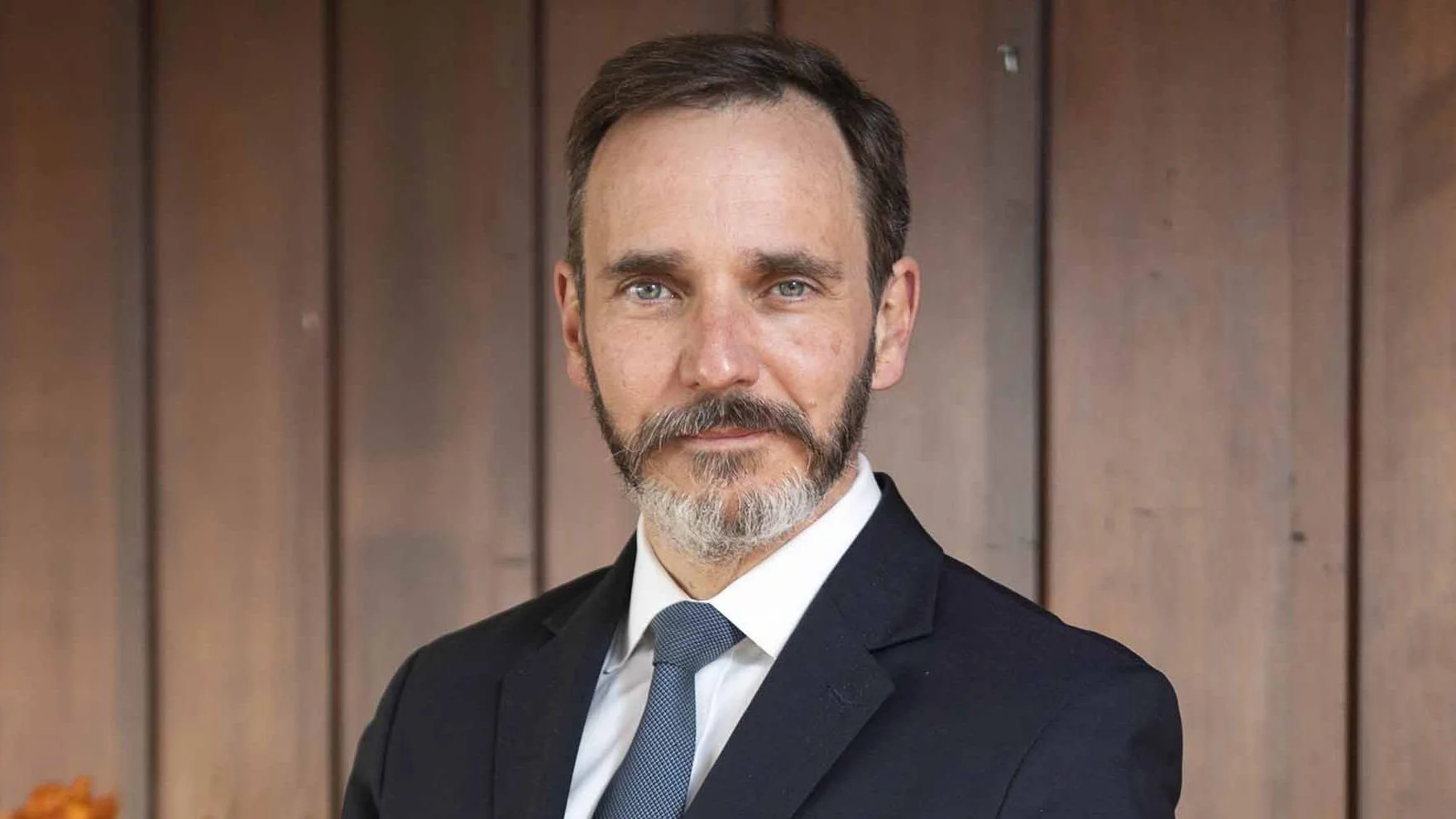Global trade developments have continued to influence the economic outlook, according to Pierre-Olivier Gourinchas, who delivered opening remarks at the July 2025 World Economic Outlook Update.
In April, the United States imposed a significant increase in tariffs on global trading partners. However, it later paused these higher tariffs for most countries and reduced trade tensions with China in May. As a result, the US effective tariff rate dropped from 24% to about 17%. Despite this partial reversal, overall tariff levels remain historically high and there is ongoing uncertainty around global policy as only a few countries have finalized comprehensive trade agreements.
Gourinchas stated that "this modest decline in trade tensions, however fragile, has contributed to the resilience of the global economy so far." He also noted that other factors have helped support economic activity.
The International Monetary Fund (IMF) has revised its growth projections upward from its April 2025 forecast. The expected global growth rate for this year increased from 2.8 percent to 3.0 percent, and next year's projection rose from 3.0 percent to 3.1 percent. Most regions are seeing modest improvements in their growth forecasts.
"This resilience is welcome, but it is also tenuous," said Gourinchas. He explained that while recent developments may mean the trade shock is less severe than feared, it remains substantial and evidence shows it is negatively affecting the world economy. Compared with forecasts made before April 2, global growth for this year has been revised downward by 0.2 percentage points due to these shocks. Global growth at around 3 percent continues to fall short of pre-pandemic averages.
The IMF projects that global trade as a share of output will keep declining—from an estimated 57% in 2024 down to about 53% by 2030—despite recent increases caused by firms accelerating exports ahead of potential new barriers.
Risks continue to be weighted toward negative outcomes for the world economy. Gourinchas warned that "the current trade environment remains precarious." Tariffs could rise again after August 1 when the current pause expires or if existing deals fail. According to IMF model-based simulations, such scenarios could reduce global output by another 0.3 percent in 2026.
He added that without broad-based agreements, persistent uncertainty over trade policy could further dampen investment and economic activity worldwide.
There are additional risks related to inventory build-ups; if demand does not meet expectations for stockpiled goods, firms could face difficulties going forward.
Geopolitical tensions remain elevated and could lead to further disruptions in supply chains globally.
On inflation trends, Gourinchas pointed out that while overall inflation is falling worldwide, recent data indicates rising price pressures within the United States: "Overall, US import prices in dollars have remained largely unchanged or even increased this year, suggesting that the cost of tariffs will be borne by US retailers, and eventually customers as firms start to pass through higher costs into their prices."
Public finances are another area of concern highlighted by Gourinchas: "In too many countries, the combination of high public debt and still elevated public deficits continues to be a cause for concern." Limited fiscal space makes these economies more vulnerable if financial conditions tighten unexpectedly or if central bank independence comes under threat—a factor he described as essential for macroeconomic stability.
Gourinchas concluded his remarks by emphasizing continued prudence and enhanced international cooperation: "Turning to policies, our recommendations continue to call for prudence and the need for improved collaboration."
###

